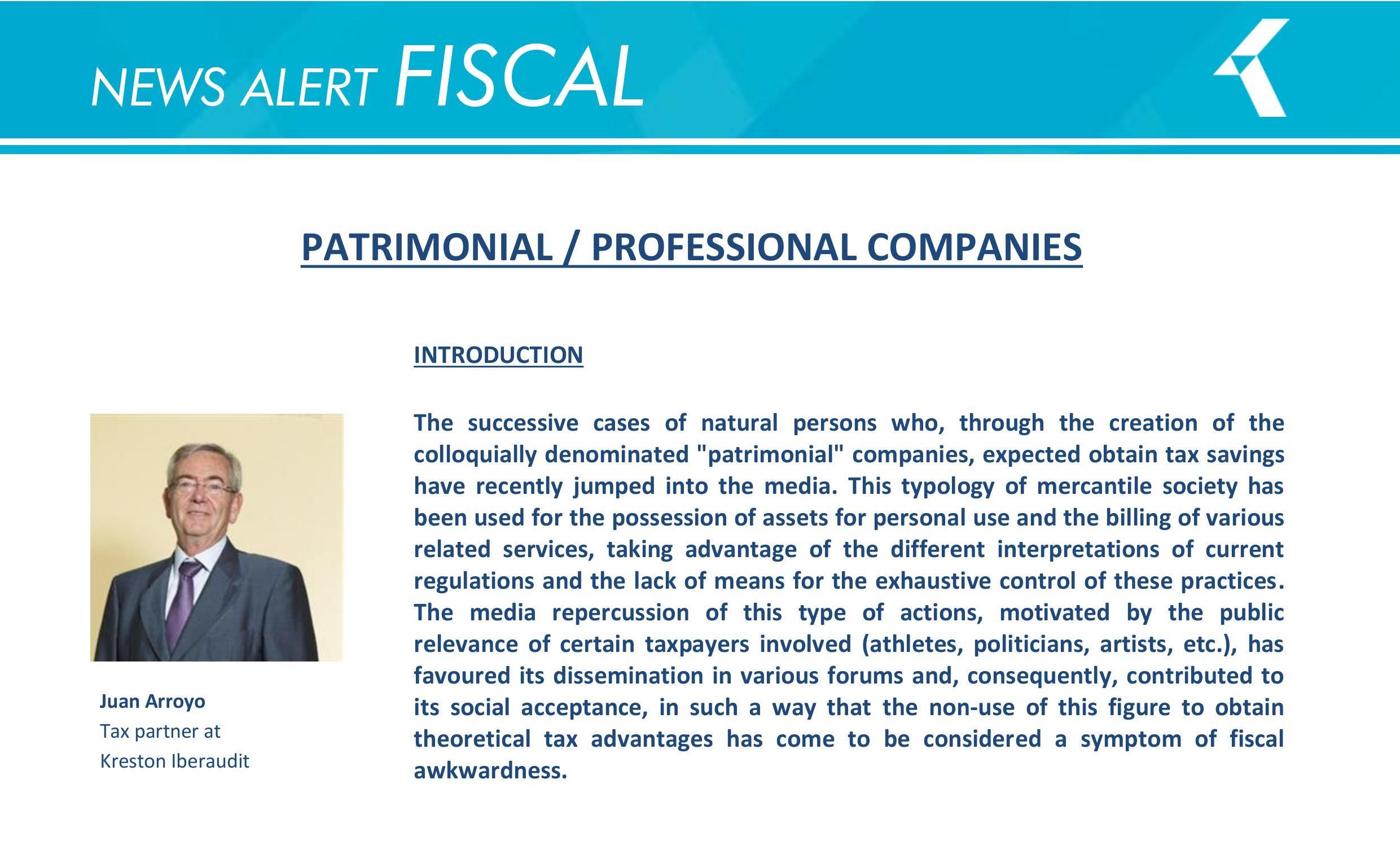Due to the recent surge in the number of software platforms dedicated to the provision of intermediary services in tourist rentals conducted by individual entities, in addition to the new tax requirements these intermediary companies need to meet, we thought it would be appropriate to provide a summary of the tax issues applicable to this type of rental, with a special mention of Value Added Tax.
This type of operation was not particularly common not so long ago, and almost all such activity was conducted by hotel establishments. However, the appearance of this type of platform has enabled many people to rent homes for holiday purposes. This has resulted in these operations becoming one of the priorities of the fraud control plans executed by the Tax Authorities.
We will now provide a summary of the different circumstances involved in the renting of tourist or holiday homes and the applicable VAT rate in each of these cases:
These services are, mainly, the following:
However, the owner may provide certain additional services during the stay and between one rental period and another, which will not affect the exemption of the VAT on the rent, including:
Moreover, we need to analyse what happens with the VAT incurred by the lessor in relation to the invoices received for the different goods and services acquired in relation to the properties rented, such as supplies, cleaning services and professional services involving the management of the intermediation between the lessor and the lessee.
The VAT incurred in these operations can only be deducted in cases where the rental in question is subject to VAT and this deduction can be included in the quarterly declarations submitted. On the other hand, if the event the rental is not subject to VAT, the amounts incurred will not be deductible.
With regard to Personal Income Tax, we should point out that income obtained from renting homes on a temporary basis where the property is not the tenant´s habitual home does not enjoy the 60% reduction applicable to long-term rents.
As can be seen, the tax requirements in relation to the rental can vary considerably in accordance with a number of factors and, as such, we need to take all these aspects into consideration at the time of planning to commence an activity of this nature.
Furthermore, with the recent creation of form 179, which individuals and entities providing intermediary services between owners and tenants of holiday homes (Airbnb, Booking, Windu, Homeaway) are required to submit on a quarterly basis, specifying the owner of the home, the status of the property, the number of days the home has been used for holiday purposes and the amount received by the owner, the tax controls over these operations have increased considerably.


